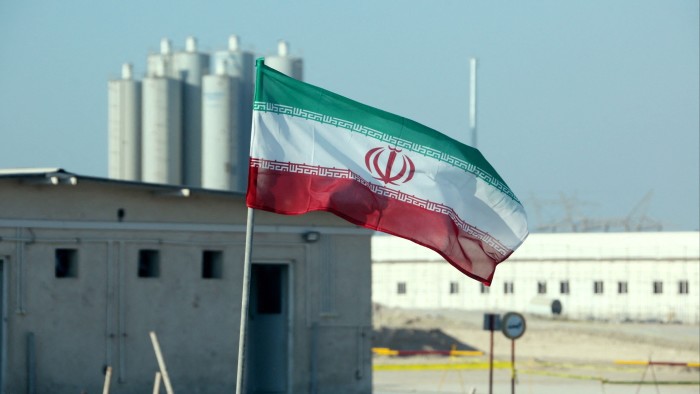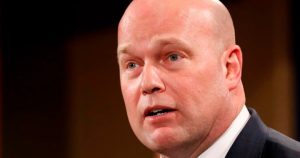Iran activates ‘new advanced centrifuges’ after nuclear watchdog’s rebuke

Unlock the Editor’s Digest for free
Roula Khalaf, Editor of the FT, selects her favourite stories in this weekly newsletter.
Iran said on Friday it had started activating “new advanced centrifuges”, expanding its nuclear activity in a move that risks escalating tensions with the west, weeks before US president-elect Donald Trump takes office.
Iran’s foreign ministry said the activation of the centrifuges, used to enrich uranium, was in response to a US and European-backed resolution by the board of the International Atomic Energy Agency that rebuked Tehran for its lack of co-operation with the UN nuclear watchdog.
The latest moves underline the challenges of resolving the years-long stand-off between the Islamic republic and the west, as the US and European governments fear Iran is edging closer to being able to produce nuclear weapons.
The IAEA board resolution, passed late on Thursday, called for the UN watchdog to compile a “comprehensive report” into Iran’s nuclear activities. The report could be used by western allies to make their case internationally next year if they trigger a so-called snapback process, leading to the reimposition of UN sanctions on Iran.
The resolution — drafted by the UK, Germany and France and backed by the US — said Iran had failed to co-operate with a long-running IAEA probe into past nuclear activity at three undeclared sites.
The countries said the amount of nuclear material unaccounted for was “even greater than previously communicated and cannot be explained by accountancy measurement errors”.
“As long as such cases exist and are not fully clarified, there remains uncertainty about the possibility of undeclared nuclear material and activities in Iran,” they said.
Iran, which faces mounting domestic and internal pressures, had signalled this month it could be willing to compromise. Last week Iranian officials held talks with the IAEA about potentially capping its stockpile of highly enriched uranium, the IAEA said.
In a confidential report to members, the IAEA said it had verified that Iran had begun preparatory measures “aimed at stopping the increase of its stockpile of uranium enriched up to 60 per cent”, which is close to weapons grade.
But western officials are sceptical. “We’ve seen them do these last-gasp things before a [IAEA] board meeting to forestall pressure, so if this is a signal they are willing to negotiate, they are doing it in a way that suggests to us that it’s about forestalling pressure,” a western official said.
“We believe there is potentially room for diplomacy, but we are not seeing pressure and diplomacy as mutually exclusive.”
The crisis erupted after Trump, during his first term as US president, abandoned a 2015 accord Tehran signed with world powers and imposed hundreds of sanctions. Iran responded by dramatically ramping up nuclear activity.
Trump, who has nominated Iran hawks for senior posts in his incoming administration, is expected to implement a more severe version of his “maximum pressure” campaign.
Tehran insists its programme is for civilian purposes. But it has been enriching uranium up to 60 per cent purity for more than two years and has enough fissile material to produce several nuclear bombs within weeks, if it chose to do so, experts have said.
In recent months, Iranian officials have said they could change Iran’s nuclear doctrine if the republic faces an existential threat. Those warnings came as tensions between the US, Israel and Iran intensified following Hamas’s October 7 2023 attack and Israel’s retaliatory offensives in Gaza and against Hizbollah — Iran’s main proxy — in Lebanon.
Iran’s foreign ministry said the decision to activate the advanced centrifuges was “to protect the country’s interests and further develop the peaceful nuclear energy, in line with the growing national needs”.
It called the IAEA resolution “a politically motivated, unrealistic and counterproductive measure”, but said Tehran was “well-prepared for constructive engagement with relevant parties”.
The government of President Masoud Pezeshkian, a reformist elected in July, has said it wants to re-engage with the west to resolve the nuclear crisis and secure sanctions relief.
But western states, which are also angered by Iran’s sales of drones and missiles to Russia and by alleged threats to citizens in their countries, say they want to see real change.
“The language they are using with us is they want to talk, but it’s time for action not words,” said the western official.
#Iran #activates #advanced #centrifuges #nuclear #watchdogs #rebuke




